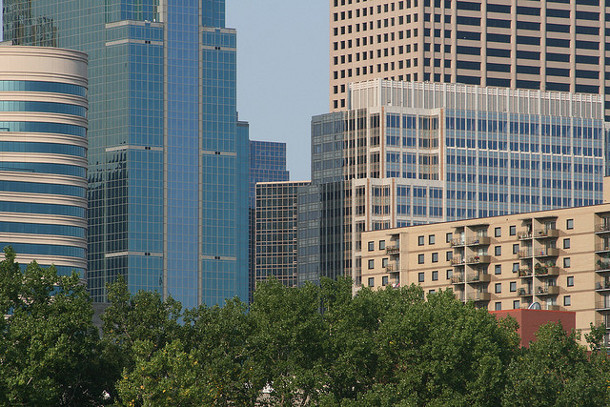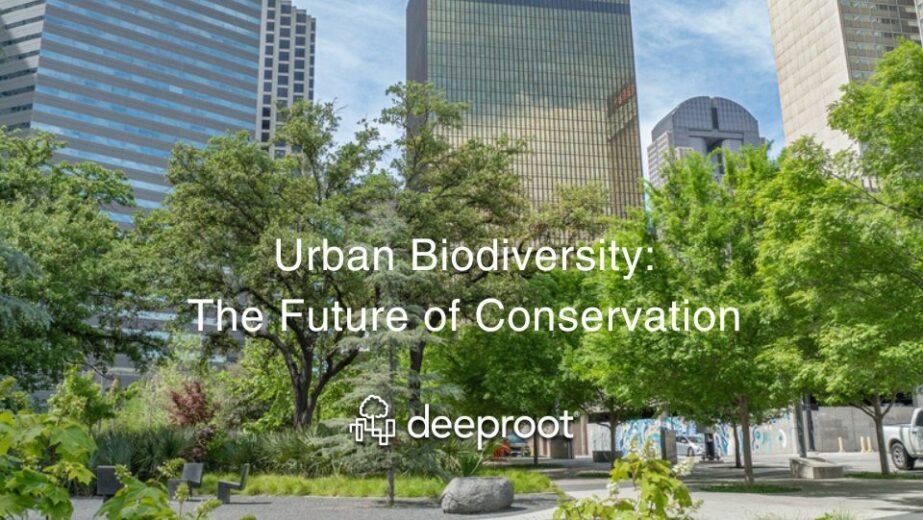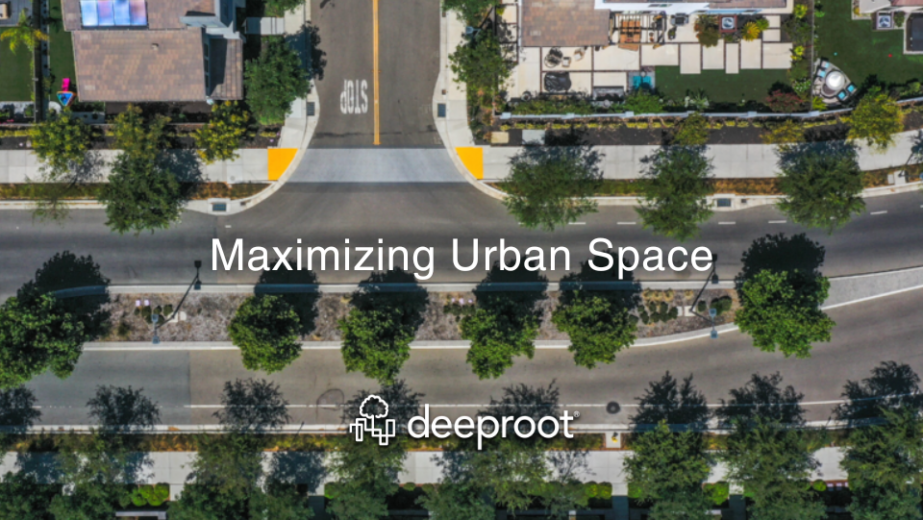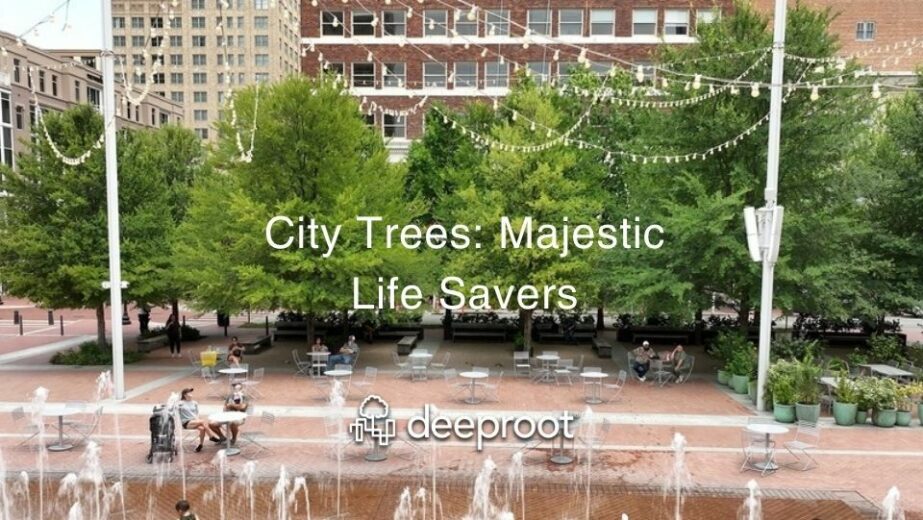Randy Neprash has been a champion of using trees for urban stormwater management for longer than almost anyone else we know. A water resources engineer and stormwater regulatory specialist for Bonestroo, now Stantec, Randy is also the technical consultant for the Minnesota Cities Stormwater Coalition, an organization of about 120 Minnesota cities that are regulated under the MS4 stormwater permitting program. Randy is also a founding member of the Minnesota Stormwater Steering Committee.
We have long admired Randy’s work with urban trees and stormwater policy and recently had the privilege of interviewing him about using trees as stormwater BMPs. We asked Randy two questions which he may be more qualified to answer than anyone else in the state:
- What is the current role of trees in Minnesota stormwater policy?
- What role do you think trees will have in Minnesota stormwater policy in the future?
What is the current role of trees in Minnesota stormwater policy?
According to Randy, urban trees are “a type of stormwater Best Management Practice (BMP) that many cities are interested in but we have far too little information about.” He explained that there is a movement to expand the repertoire of stormwater BMPs by running stormwater through vegetation.
There is currently a limited palette of stormwater BMPs for ultra urban settings. Trees are of extreme interest as a potential stormwater BMP for urban areas because they seem effective, they are already part of the urban fabric, and they are supported by cities, engineers, and city staff, as well as citizens. BUT, he said, cities don’t have the quantification, results, and details they need to “run with” trees for stormwater.
What role do you think trees will have in Minnesota stormwater policy in the future?
Randy believes that trees have “enormous potential at multiple scales if we can do the foundational work necessary.” He believes we already have the science we need to make trees a standard and widely-used component of urban stormwater management. We just need to package the science into tools practitioners can use to make it happen.
He added that there “is a formal effort to recognize trees as part of the MIDS project.” Minnesota’s Minimum Impact Development Standards (MIDS) project aims to develop:
- A higher clean water performance goal for new development and redevelopment that will provide enhanced protection for Minnesota’s water resources.
- New modeling methods and credit calculations that will standardize the use of a range of “innovative” structural and nonstructural stormwater techniques.
- A credits system and ordinance package that will allow for increased flexibility and a streamlined approach to regulatory programs for developers and communities (source).
If the MIDS project meets its goals and successfully creates (1) a calculator that calculates tree evapotranspiration, interception, infiltration, and water quality benefits, (2) a credit system for trees, and (3) standard details for tree stormwater BMPs, it could become the first of its kind, which would be incredibly exciting. Even more exciting, it could be used by other states and municipalities as a template to integrate trees for urban stormwater into their stormwater BMP palette for ultra urban areas. Randy believes that “we are just one step away from having that in hand.” If successfully implemented, MIDS’ trees for stormwater component “may be Minnesota’s most significant contribution” to the world of stormwater BM’s. A related step in this process will be addressing urban trees in the latest revisions of the Minnesota Stormwater Manual.
Stay tuned for more about urban trees, MIDS, and the revised MN Stormwater Manual when the calculator and the Manual become publicly available later this year!
Nathalie Shanstrom is a landscape architect specializing in sustainable design with The Kestrel Design Group.






Leave Your Comment